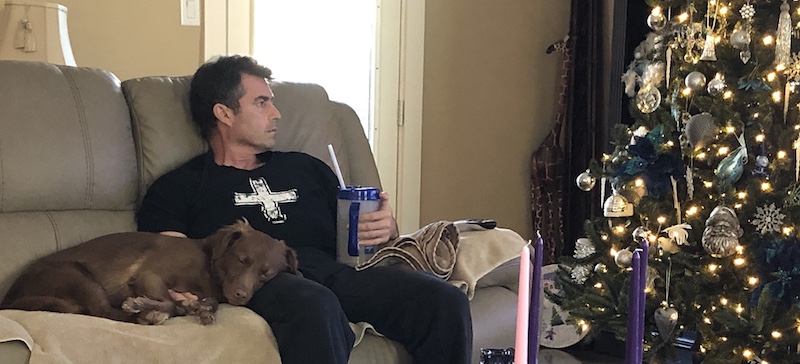Learn to B.E.F.A.S.T.
B.E.F.A.S.T. stands for:
B – Balance
Is the person suddenly having trouble with balance or coordination?
Look for signs of dizziness, trouble walking, or feeling off-balance without explanation.
E – Eyes
Is the person experiencing sudden vision changes?
They may lose vision in one or both eyes, have double vision, or see everything blurry.
F – Face Drooping
Is one side of the face drooping or numb?
Ask the person to smile. Look closely at their eyes, cheeks, or lips—do they look uneven?
A – Arm Weakness
Is one arm weak or numb?
Ask the person to raise both arms. Does one arm drift downward or seem harder to lift?
S – Speech Difficulty
Is speech slurred or hard to understand?
Ask them to repeat a simple sentence. Do they struggle to speak, slur words, or sound confused?
T – Time to Call 911
Don’t wait.
If you notice any of these signs, call 911 (or your local emergency services) immediately. Let them know you suspect a stroke.
Other Important Warning Signs of Stroke
While B.E.F.A.S.T. covers the most common and recognizable symptoms, strokes can show up in other ways too. Be alert for:
- Sudden confusion or inability to understand speech
- Numbness or weakness in the face, arm, or leg—especially on one side of the body
- Severe, sudden headache with no known cause
- Difficulty swallowing or drooling
- Sudden fatigue or fainting
- Loss of coordination or clumsiness
- Sudden nausea or vomiting (especially with other symptoms)
What to Do If You Notice These Signs
Call 911 (or your country’s emergency number) immediately.
Do not drive yourself or the person having the stroke. Wait for emergency services to arrive—they can begin life-saving treatment right away.
Final Thoughts
Knowing the signs of a stroke could save a life—maybe even your own. When it comes to stroke, time lost is brain lost. Acting quickly can mean the difference between full recovery and long-term disability.
If you ever feel unsure, it's always better to call for help. Trust your instincts—your quick response could make all the difference.

%20(1).png)
%20(2)%20(1).png)

.png)

